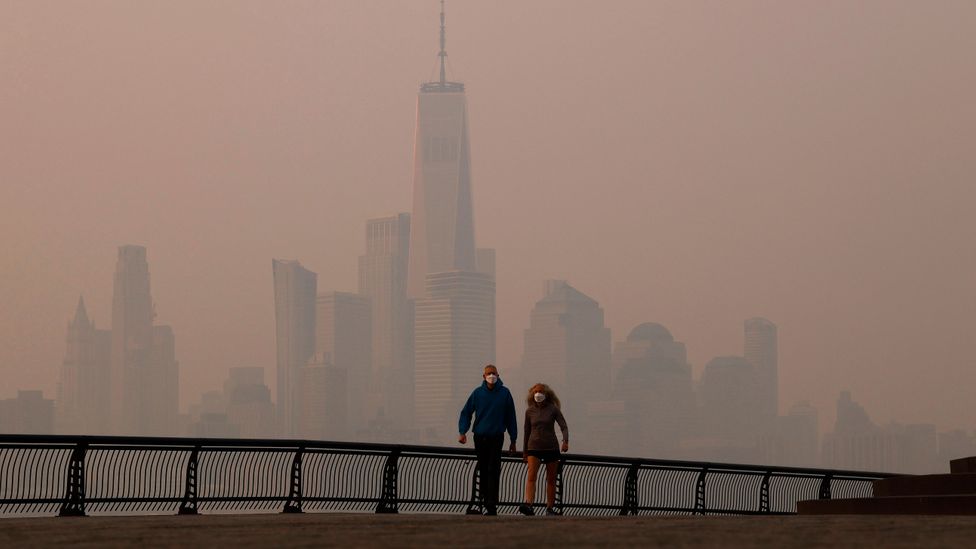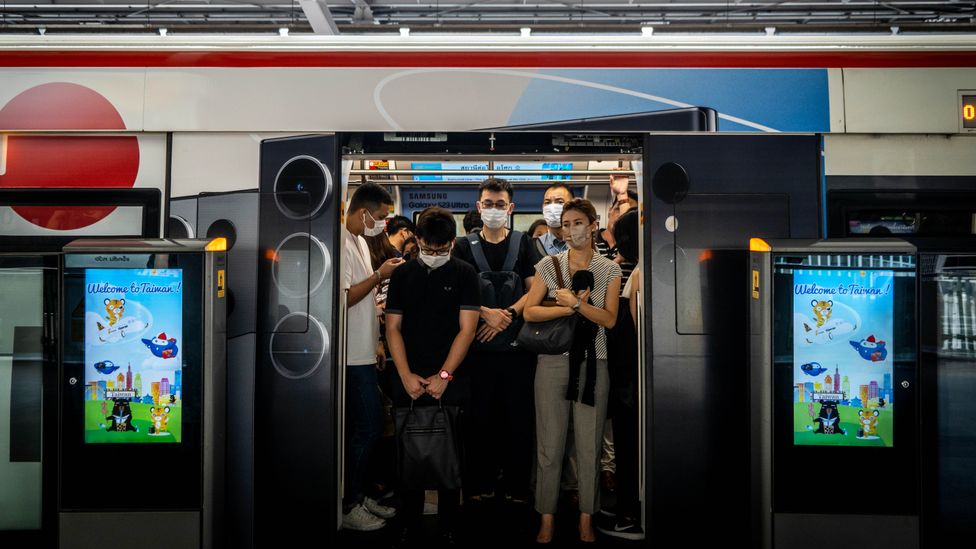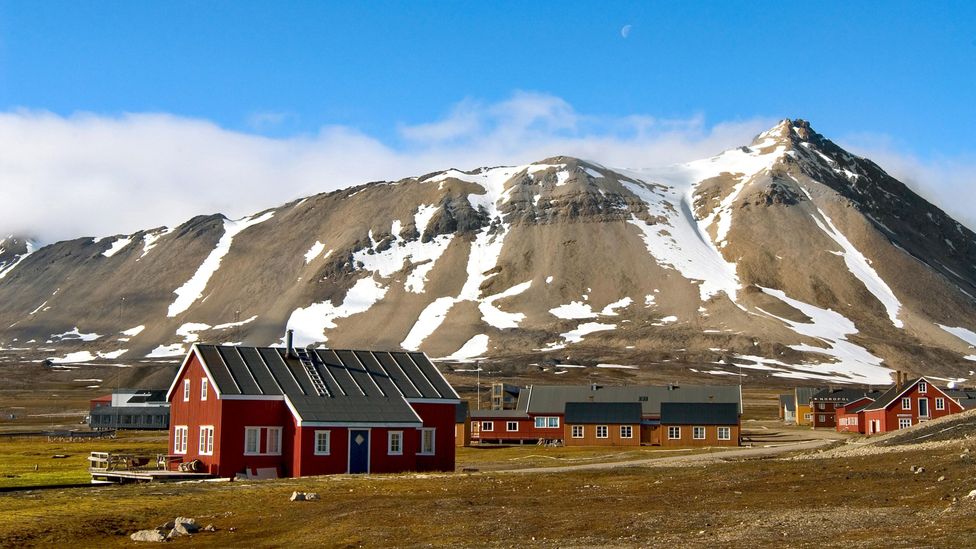The far-reaching impacts of wildfire smoke – and how to protect yourself
(Image credit:
Getty Images
)

The air we breathe can have profound effects on our physical and mental health. Is there any way of protecting yourself from this pervasive problem?
What is PM2.5?

Wildfire smoke is contributing a large share of PM2.5 pollution in New York (Credit: Getty Images)
How to protect yourself from wildfire smoke
Sometimes you may not know if there is elevated wildfire smoke in your area. If there is a wildfire nearby, the Centers for Disease Control and Prevention advise taking steps to limit your exposure where possible:
- Choose a room to close off from outside air
- Wear a tightly fitting respirator, if it is safe for you to do so
- Keep track of fires nearby using services such as AirNow’s fire and smoke map
- Pay attention to health symptoms and seek medical care if needed
Read the full advice on protection from wildfire smoke from the CDC online.
“Even if someone is far away from a fire source, they may still experience adverse health outcomes from the inhalation of highly diluted and oxidised smoke,” Athanasios Nenes, an atmospheric chemist at the Swiss Federal Institute of Technology Lausanne told Allison Hirschlag for BBC Future.
Read Allison Hirschlag’s full story on the health impacts of wildfire smoke.
How air pollution affects your brain
There is growing evidence that air pollution not only affects our physical health, but also our mental health. It has been linked to impaired judgement, poorer performance in school and even higher levels of crime. Researchers point to prolonged exposure to pollutants such as PM2.5.
But the picture is not a simple one. Exposure to air pollution is far from equal – despite how it might seem, we don’t all breathe the same air. Often the most polluted areas in a city, for example, are in the poorest neighbourhoods. These are areas also afflicted by other problems that affect health, educational achievement and crime levels. Confounding factors such as investment in education, diet, smoking, drug use and alcohol consumption can also have an effect.
Nonetheless, researchers are increasingly concerned about the effect that air pollution may be having on our brains, as Melissa Hogenboom explains in this feature, where you can learn more about the emerging evidence.
Air pollution and weight gain
While the exact mechanism is still debated, it is thought that the inflammation caused by air pollution may also affect the body’s metabolism. Research has linked airborne pollution such as PM2.5 to obesity. Children living in the most polluted areas, for example, are more than twice as likely to be considered obese.
How dirty air is polluting our minds

Hazardous air pollution levels in cities contributes not just to respiratory problems, but conditions including type 2 diabetes (Credit: Getty Images)

The tiny village of Ny-Ålesund on Svalbard, Norway, is one of the few places in the world with extremely clean air (Credit: Alamy)
This settlement, which boasts a population of just 45 people in winter and is 765 miles (1,230km) from the North Pole, grew up around the coal-mining industry in the first half of the 20th Century. Today, it has some of the cleanest air on the planet.
But that is also changing – levels of methane have been growing in the air around the town, while levels of sulphate, particulates and metals are also spiking.
Another candidate for the world’s most pristine air can be found on the north-western tip of Tasmania, Australia. Cape Grim, or Kennaook, where winds whip across the Southern Ocean unimpeded. As it doesn’t pass over any landmasses or populated areas enroute, the air is unaffected by local sources of pollution such as exhaust fumes. Learn more about Cape Grim in this feature by Dani Wright and find out more about how the air around Ny-Ålesund is changing in this feature by Anna Filipova.
Other remote clean air sites around the world include Mauna Loa station in Hawaii, Macquarie Island and Casey Station in Antarctica.
But for those 99% of us who live far from this pristine air, some of the most impactful changes to help bring down air pollution include lowering emissions in cities from road transport, moving to cleaner ways of cooking, rapidly reducing the use of fossil fuels and a range of ways to prevent wildfires in the first place.
—
If you liked this story, sign up for The Essential List newsletter – a handpicked selection of features, videos and can’t-miss news delivered to your inbox every Friday.
Join one million Future fans by liking us on Facebook, or follow us on Twitter or Instagram.
;
.jpg)
